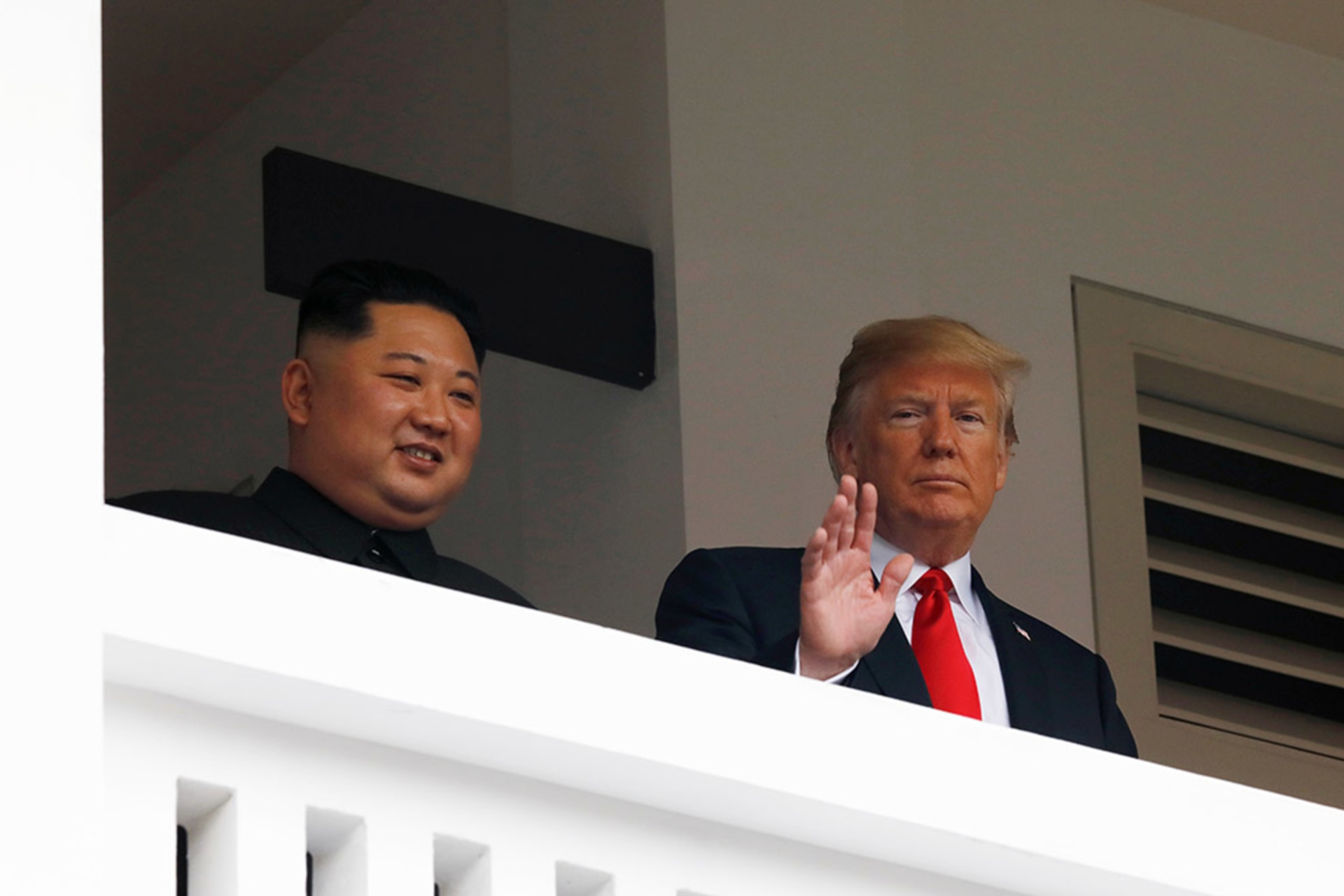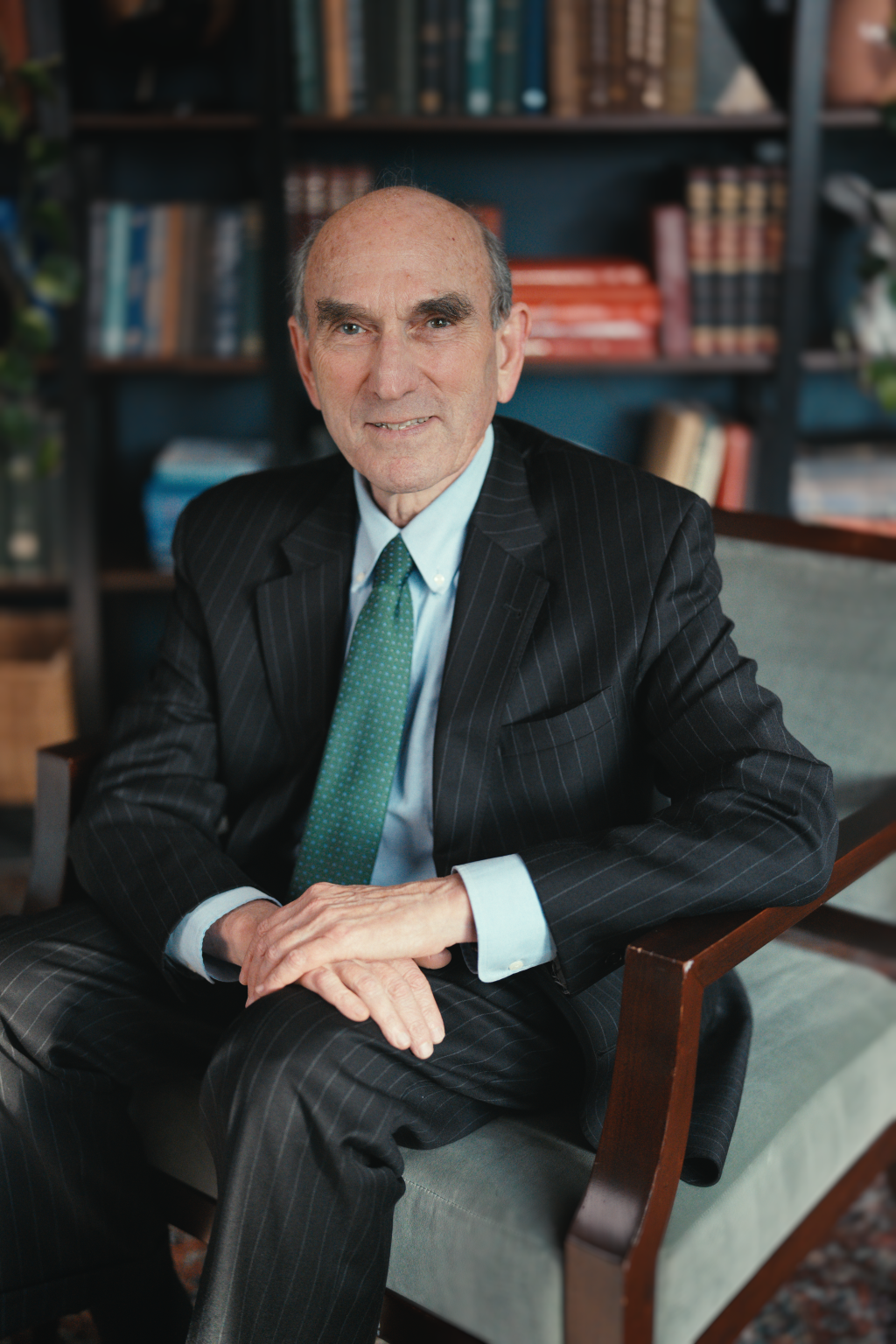The North Korea Nuclear Agreement and Human Rights

The agreement between President Trump and Kim Jong Un may be the start of denuclearization, or another failed effort brought down by North Korean cheating. But if the United States and North Korea are to have a new relationship, it must include the human rights dimension.
There’s no reason to rehearse here in detail the astonishing nature of the regime’s tyranny. The size and vicious nature of its prison camp system, the punishment of family members for what the regime appears to believe is a blood taint, the number of deaths, the murder of Otto Warmbier—all are well known. It is the most brutal regime on Earth.
The first point to make is that raising human rights issues will not destroy the effort to change North Korea’s nuclear conduct. President George W. Bush raised freedom of religion repeatedly with Chinese leaders and that did not prevent a working relationship. President Reagan put human rights issues at the center of his relations with the Soviets, and that did not prevent remarkable progress in the relationship. As George Shultz wrote in his memoir Turmoil and Triumph,
Ronald Reagan and I both gave pride of place to human rights. He took up the subject at each of his meetings with Gorbachev and with most visitors from the Soviet Union to the Oval Office. I pounded on the subject at every opportunity....”
Indeed he did, making it the first subject at meetings rather than a throwaway in the final minutes. Yet relations with the Soviets prospered.
The second point to make is that the only possible guarantee that a nuclear deal with North Korea will last over the years is some change in that society. As long as there is brutal one-man rule, the only thing needed to destroy any progress that has been made is a whim by that man. If and when there are others with influence—some day, one can dream, a journalist or legislator or mayor or clergyman—there can be something called “public opinion.” It exists even in dictatorships. Shultz described Reagan’s approach to the Soviets this way: “I’m not playing games. I’m not trying to push you into a corner publicly. I understand politicians even in your circumstances have to worry about how they look and don’t want to be pushed around in public.”
So pressing for change in North Korea is not utopian and foolish idealism. Shultz noted that he and Reagan “increasingly emphasi[zed] to the Soviets the advantages to them, in the emerging knowledge and information age, of changing the way they dealt with their own people.” That is the kind of argument worth making, and to some extent the Trump administration has been making it to North Korea.
The third point is that how we act toward North Korea must reflect who we are as Americans, even if the impact over there is slight. That regime killed an American named Otto Warmbier, and not in the distant and murky past: next week is the first anniversary of his death. The Trump administration must recognize that among our nation’s greatest assets is our association with the cause of liberty. Working for the peaceful expansion of the frontiers of liberty is not a sucker’s game, or a disadvantage or liability, or a waste of resources. It is in very concrete ways one of the greatest advantages of the United States in world politics. It is ultimately what ties allies like Australia, South Korea, and Japan to us: the knowledge that what we seek for them is what we seek for ourselves—peace, security, and liberty.
The alternative is to leave those allies, and others, with the sense that our relations with North Korea exclude them and their interests, which we have forgotten. That is what happened in the Obama administration’s nuclear agreement with Iran: close allies situated near Iran, such as Saudi Arabia, the UAE, and Israel, came to believe their own interests were simply being forgotten. We saw in 2009 that the Obama administration viewed protests in Iran askance, not as the people’s call for freedom but as an inconvenience to negotiations with the regime. Japan and other allies in Asia have critical security interests at stake in our relations with North Korea, and we should always give maintaining close and longstanding alliances pride of place as we undertake to open new relationships with hostile powers.
This is not to say that the President should return to Washington and suddenly blast human rights abuses in North Korea. That should be a steady, constant theme in American diplomacy, never abandoned and never diminished. When we did the nuclear deal with Libya in 2003, we did not take Qadhafi’s weapons and then turn around and commence a human rights onslaught meant to weaken or to bring down his regime. I believe we bit our tongues and actually said less than we should, but one can understand why: we were starting a relationship with Libya that we thought would lead in the medium run to a political opening there as the economy and society changed and pariah status was replaced by international engagement. But the goals and the American standards of conduct must be clear and our disgust at the Kim regime’s treatment of its people should always be equally clear. As in the Soviet case, that will not destroy our bilateral relationship; instead it will push the regime toward change and in any event will remind the regime who we are and what we believe. To put it another way, a nuclear agreement with North Korea is not a single transaction--or if it is, it will fail. It must be the start of an effort to change relations between our two countries, and to change the relationship between the regime in North Korea and both the international system and its own people. In that effort, a constant assertion of our belief in human rights is essential to success and to our own self-respect.
